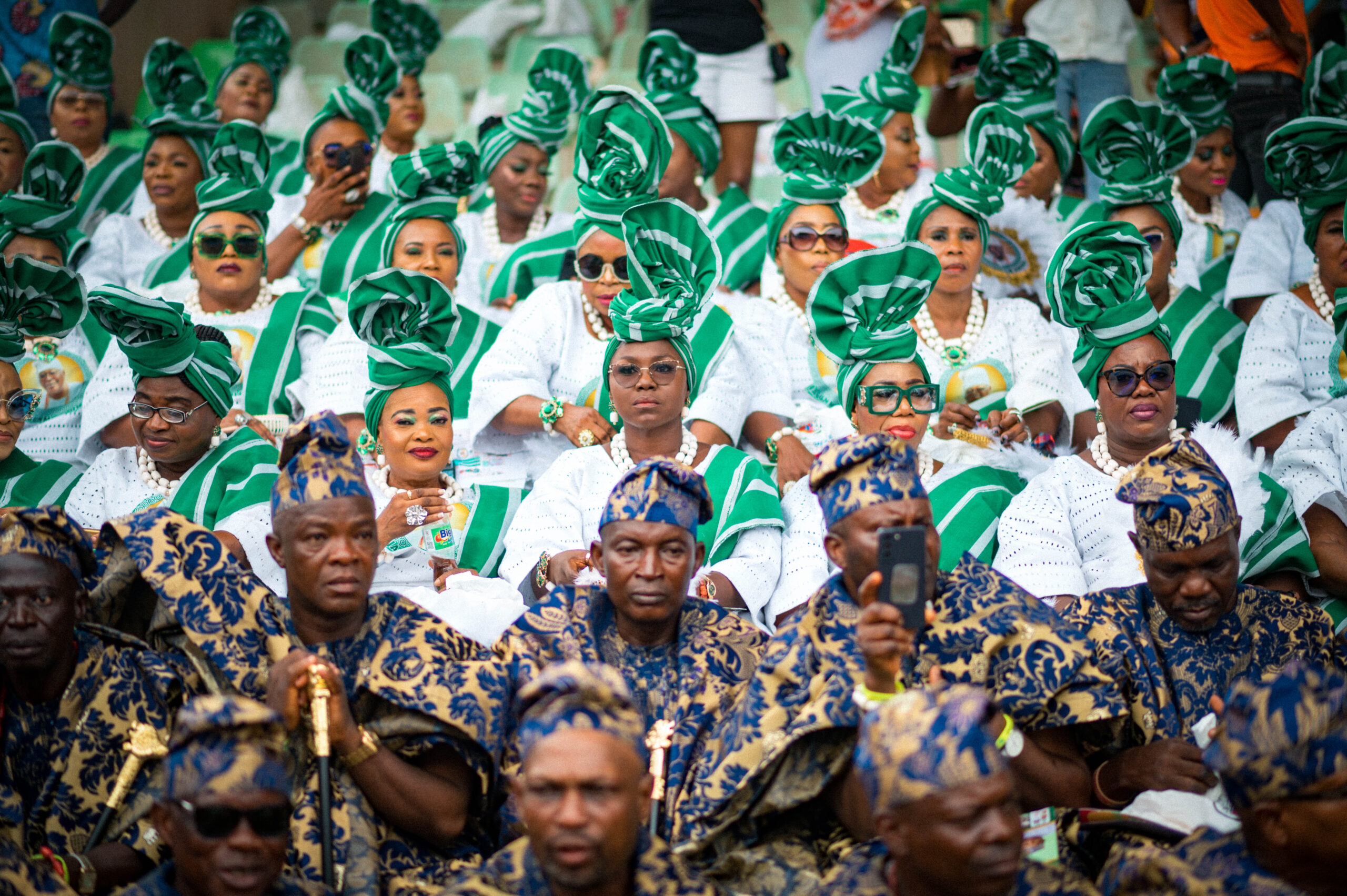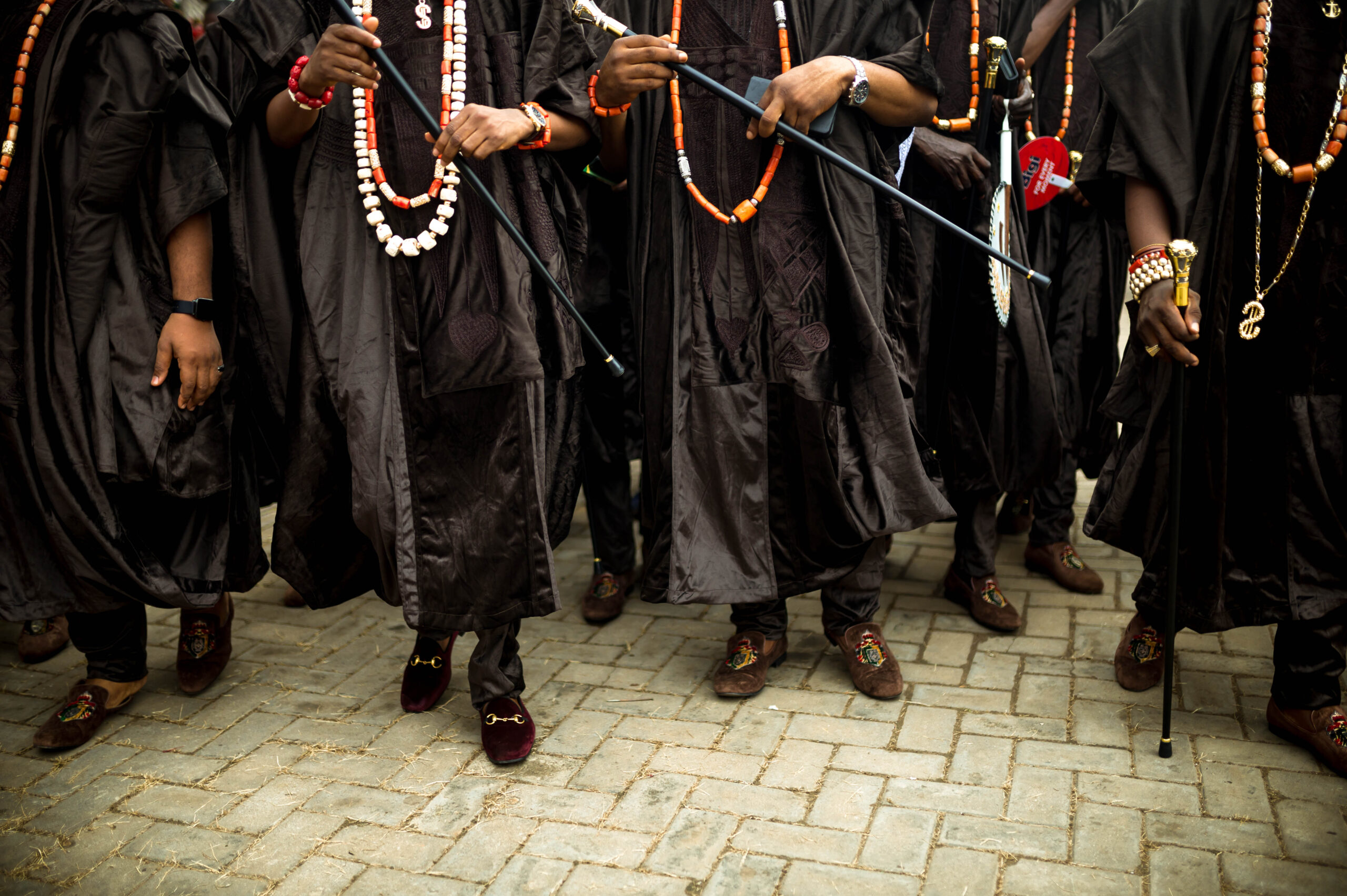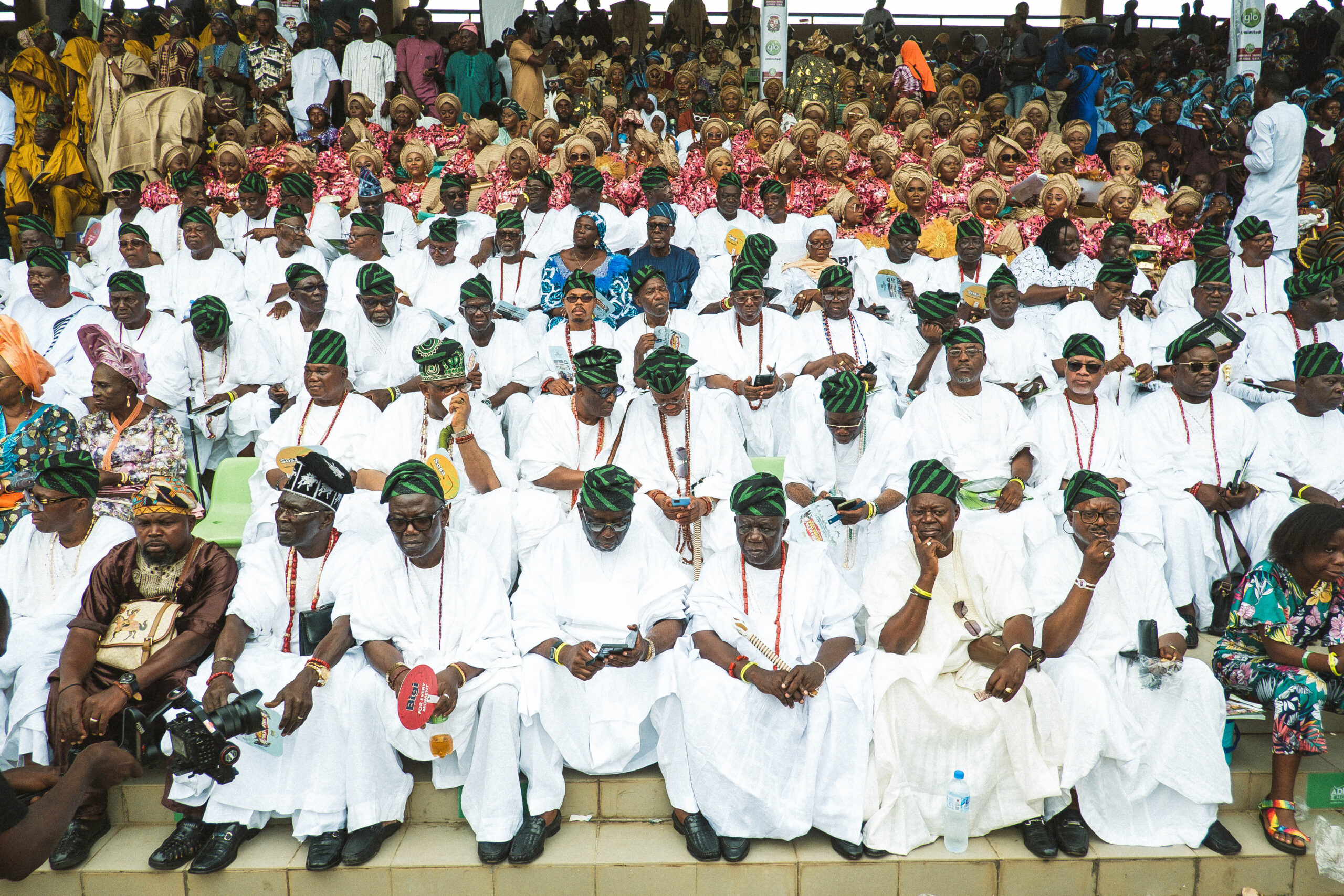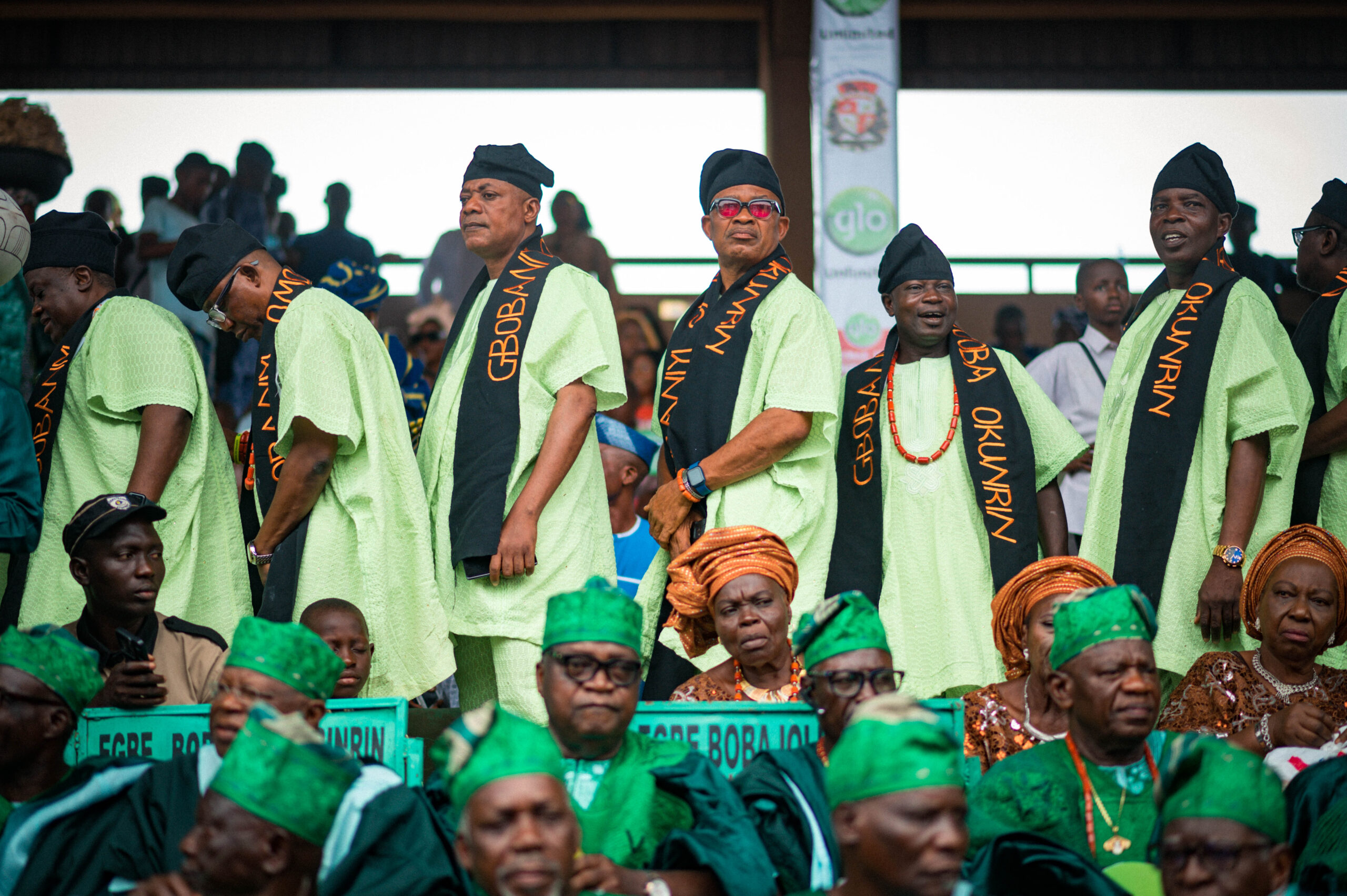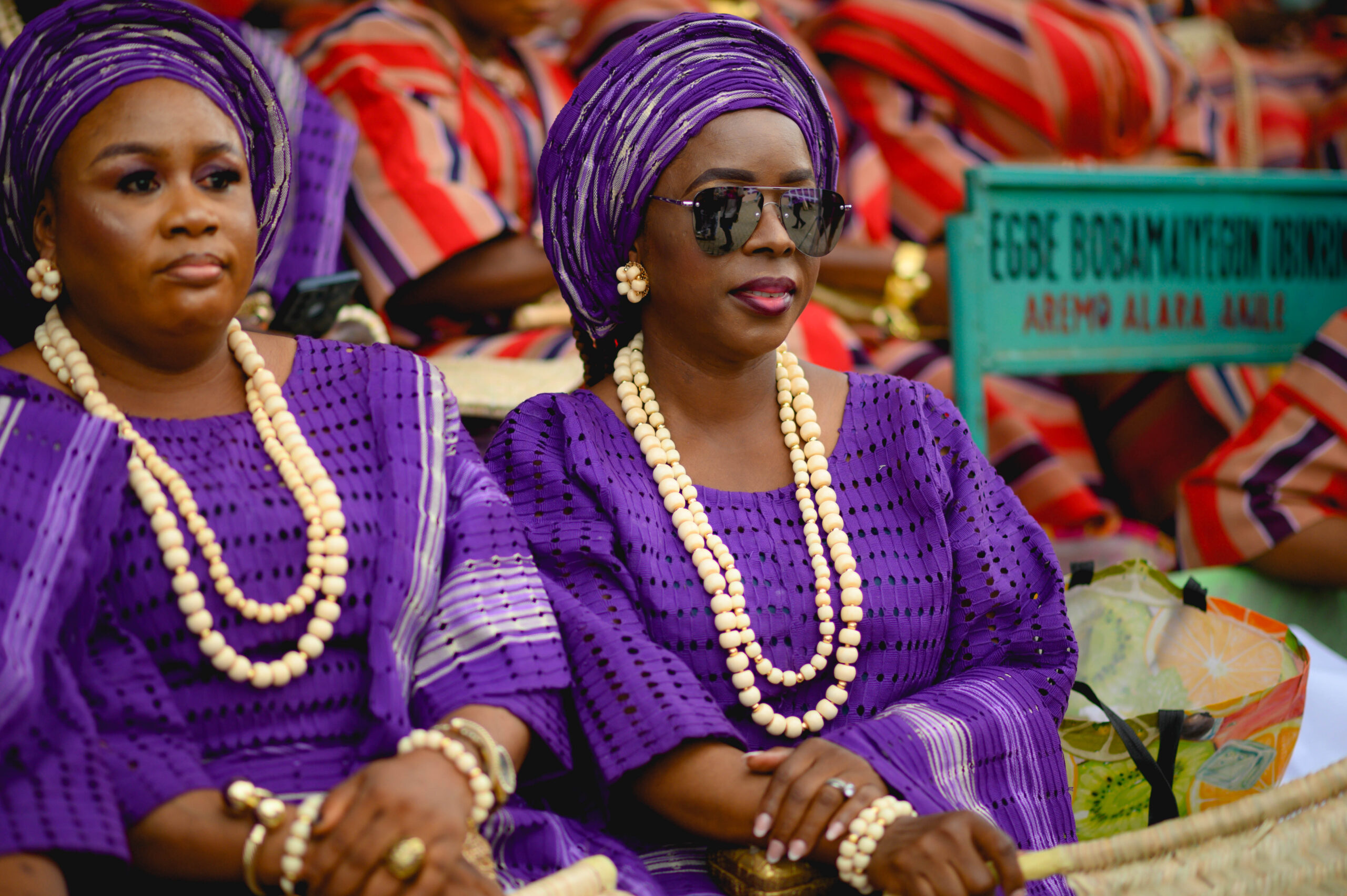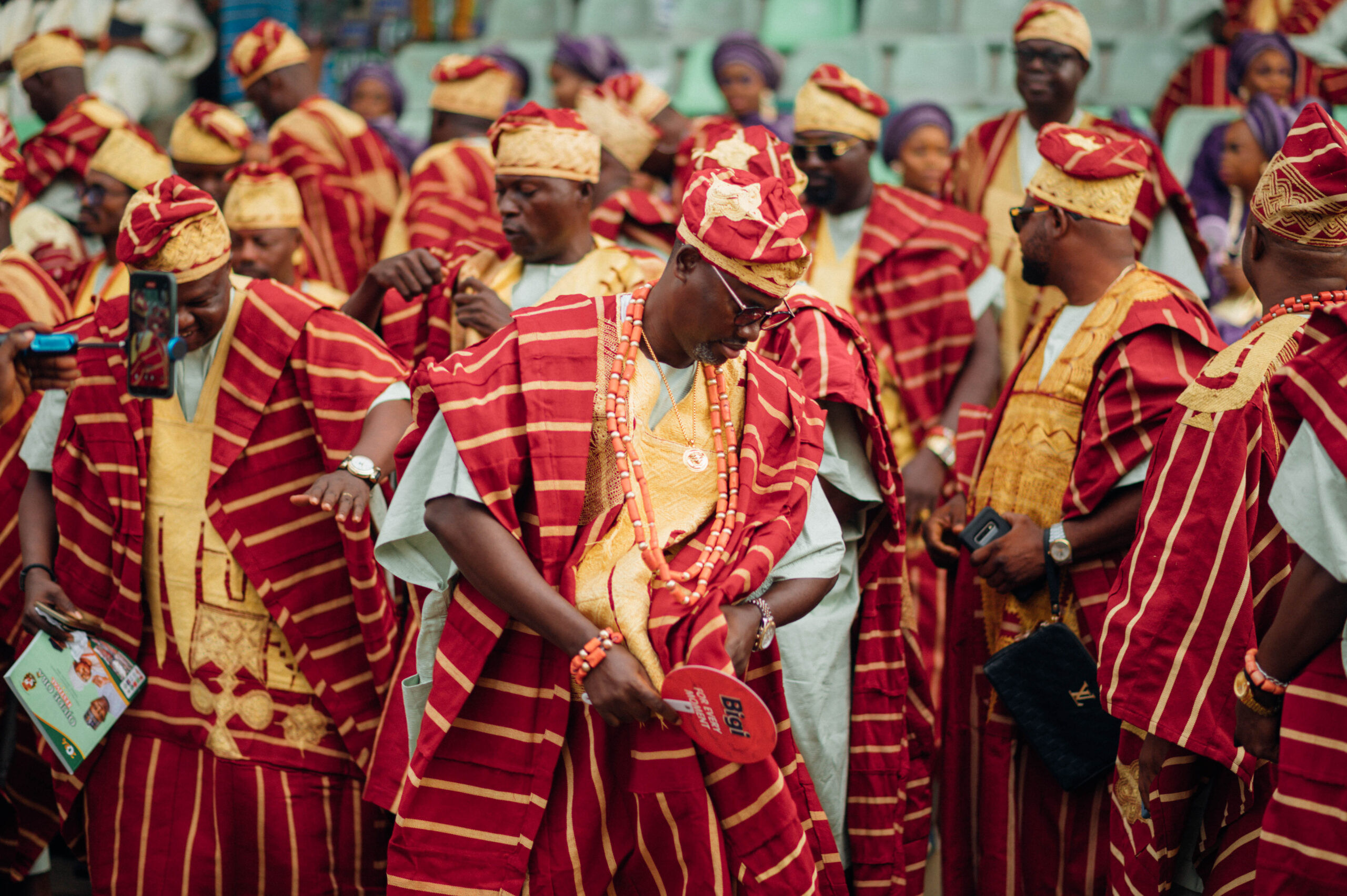Nigerian photographer and storyteller Sope Adelaja has been committed to documenting visual art and film for six years. His work cuts through Africa’s rich and diverse cultures, with the goal of being a catalyst for change deeply-rooted in cultural practices across the globe. Through the photojournalism series “Festival Grounds”, he captures incredible moments and impeccable pictorial experiences from cultural festivals across Africa.
Ojude Oba puts a portion of Southwest Nigeria in a chokehold in the wake of Eid-al-Kabir celebrations—its location, Ijebu-Ode, welcoming an array of flamboyantly dressed participants and observers of the Yoruba and non-Yoruba ilks, with an alluring exhibition of Ijebu-Yoruba culture and festivities.
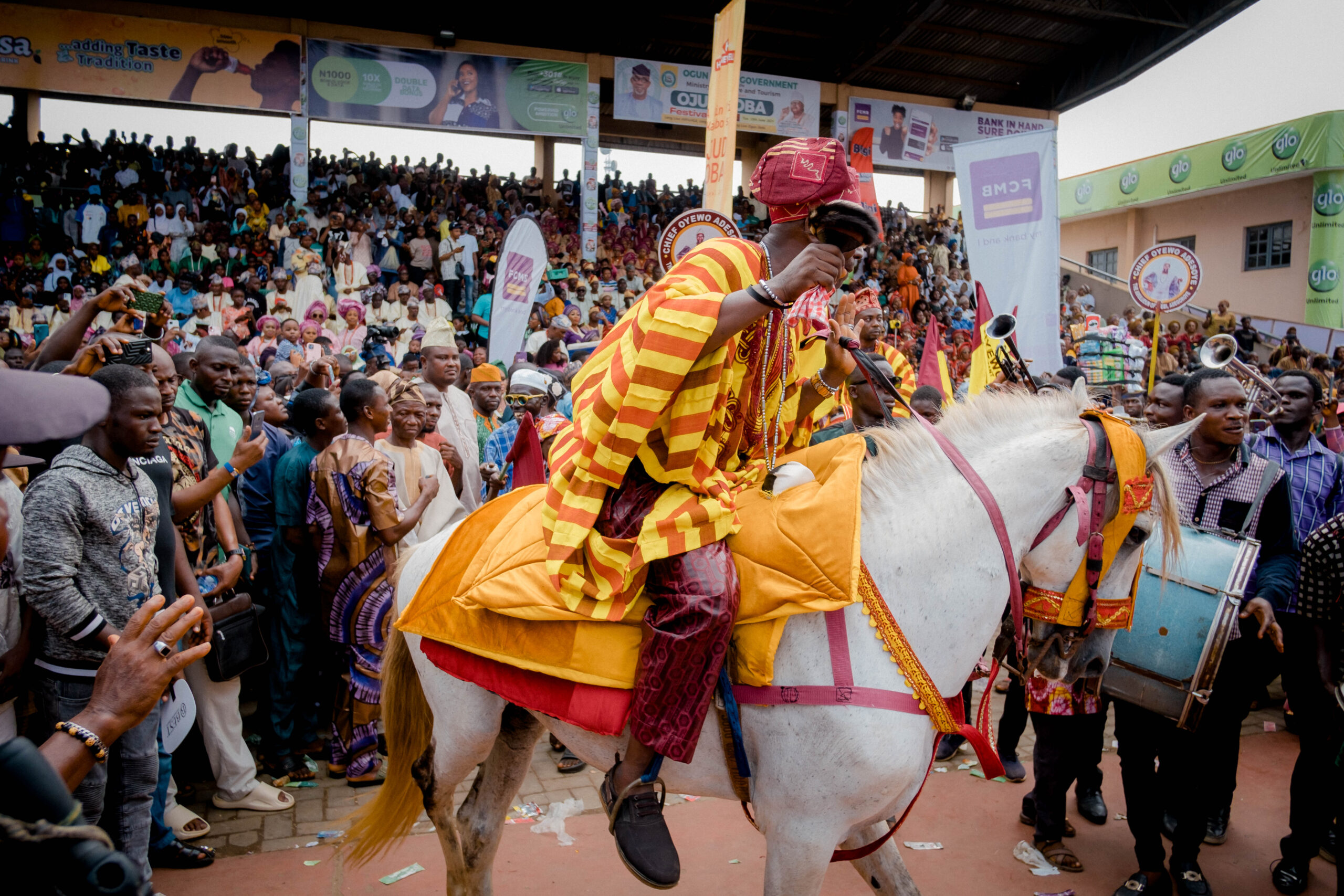
Ojude Oba, which means “the King’s forecourt”, is an annual festival peculiar to the people of Ijebu-Ode, a famous town in Ogun state, Nigeria. A one-day occasion, it usually happens on the third day of Eid-al-Kabir, attracting visitors from across the country and abroad.
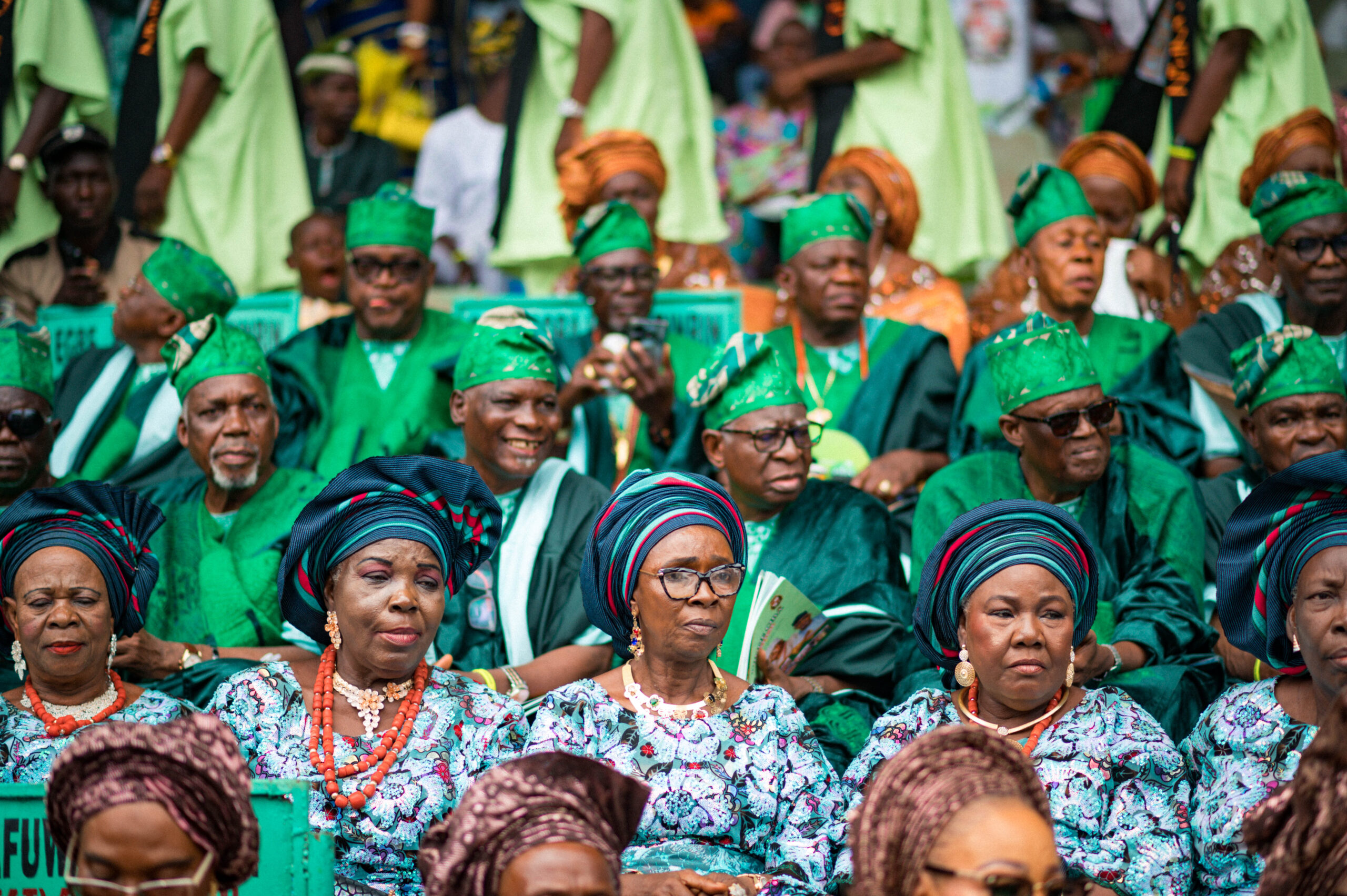
This year’s edition, a cultural and religious event held on June 18, 2024, is graced by notable figures, including Ogun State Governor Dapo Abiodun and the Awujale of Ijebuland, Ọba Sikiru Kayọde Adetọna.
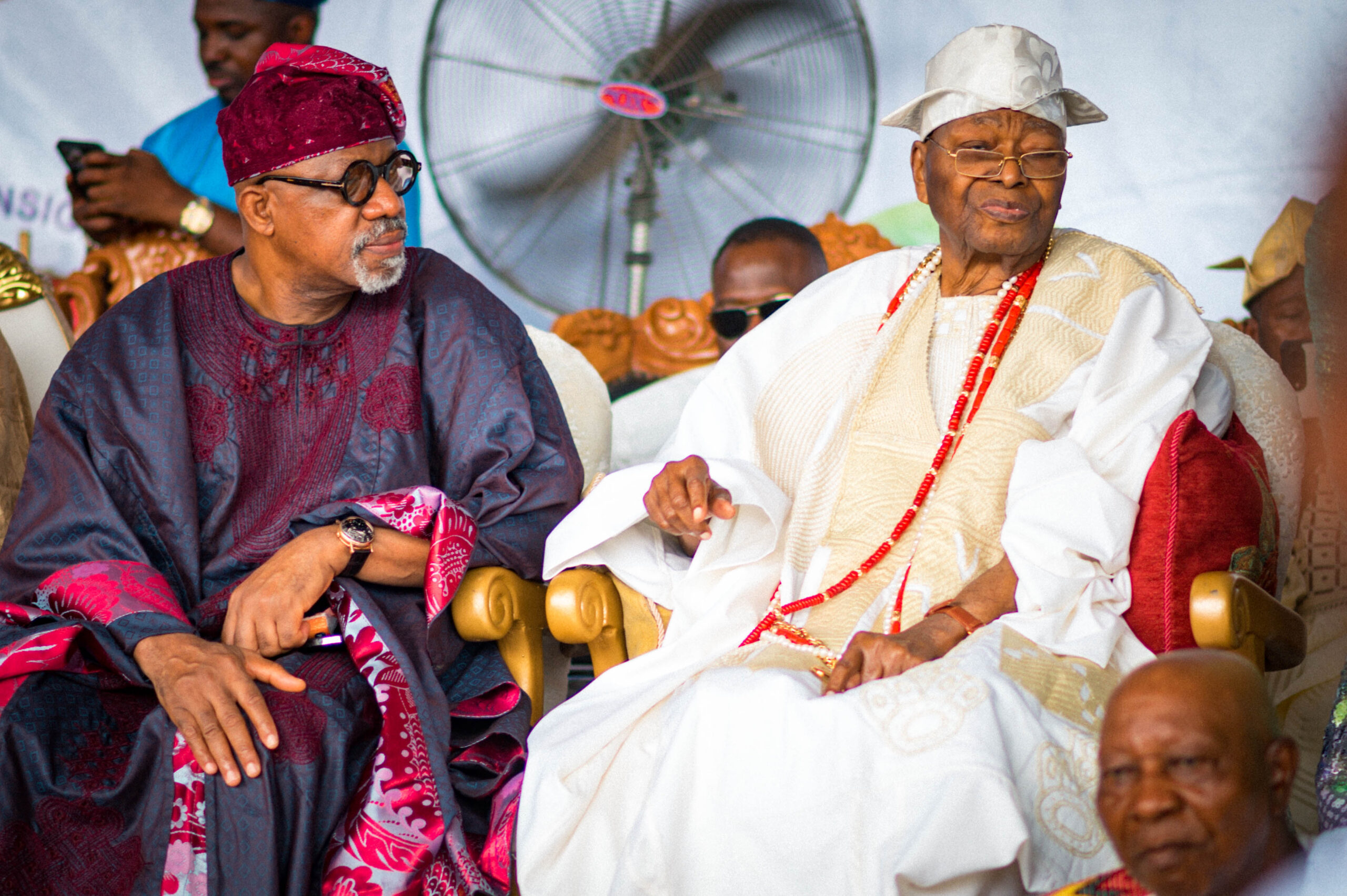
Talk of the event is the parade of the regberegbe, age-grade cultural groups composed of indigenes and associates, in their splendid and fashionable attires at the courtyard of the king’s palace.
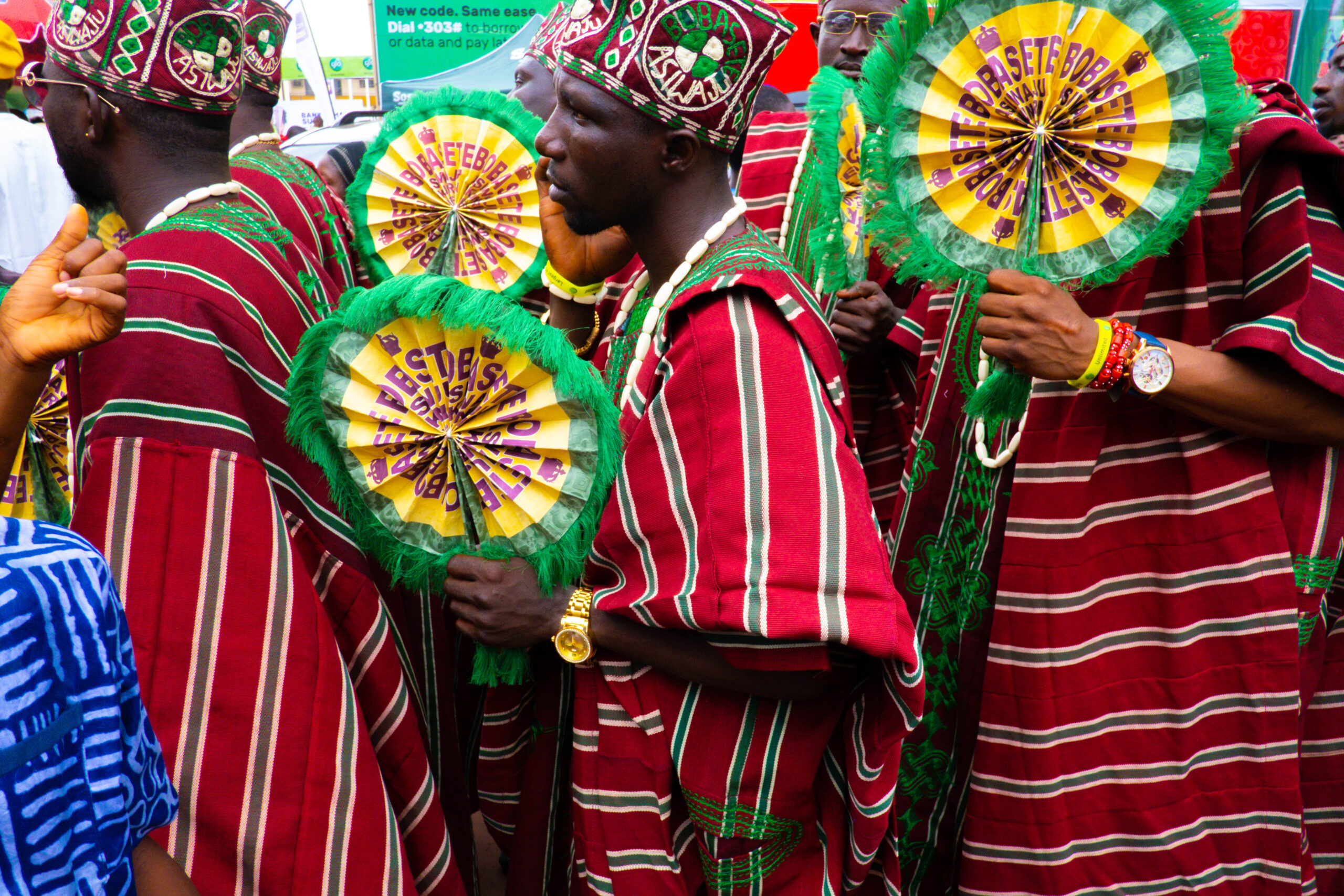
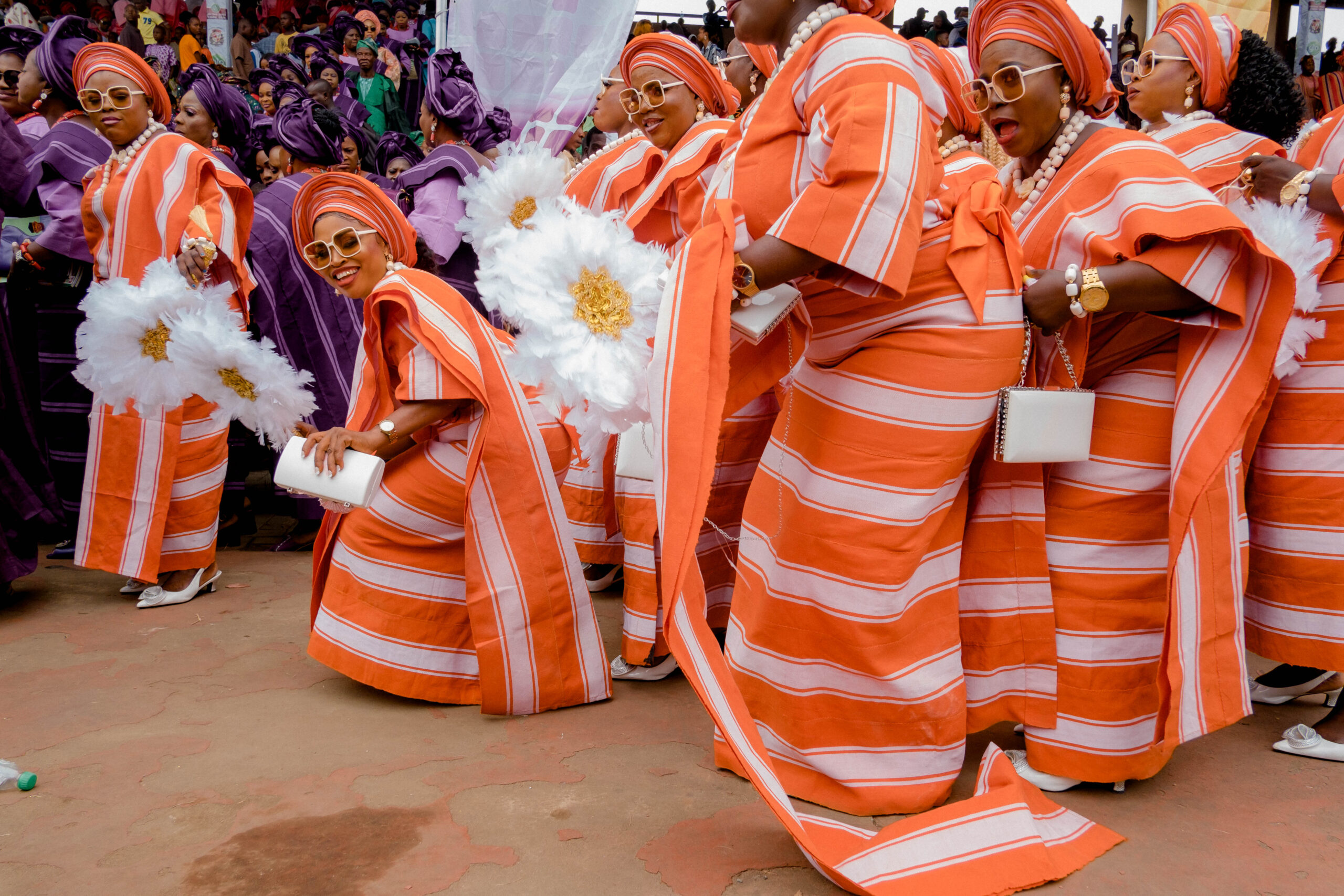
Composed of male and female, each regberegbe group appear in their unique blend of traditional styles like sanyan, adire and aso oke, and contemporary fashion trends, showcasing elegance and eclecticism at its very peak.
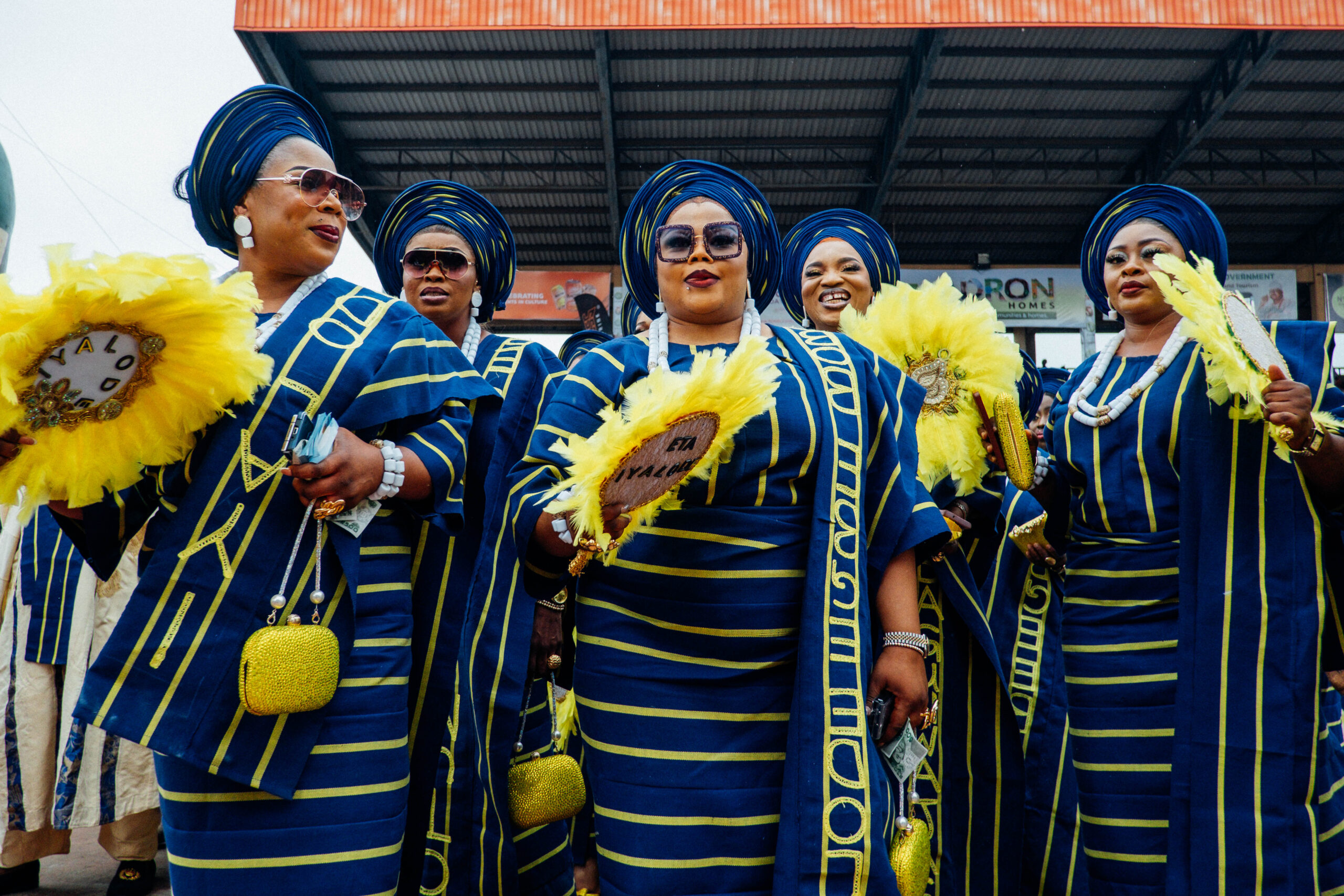
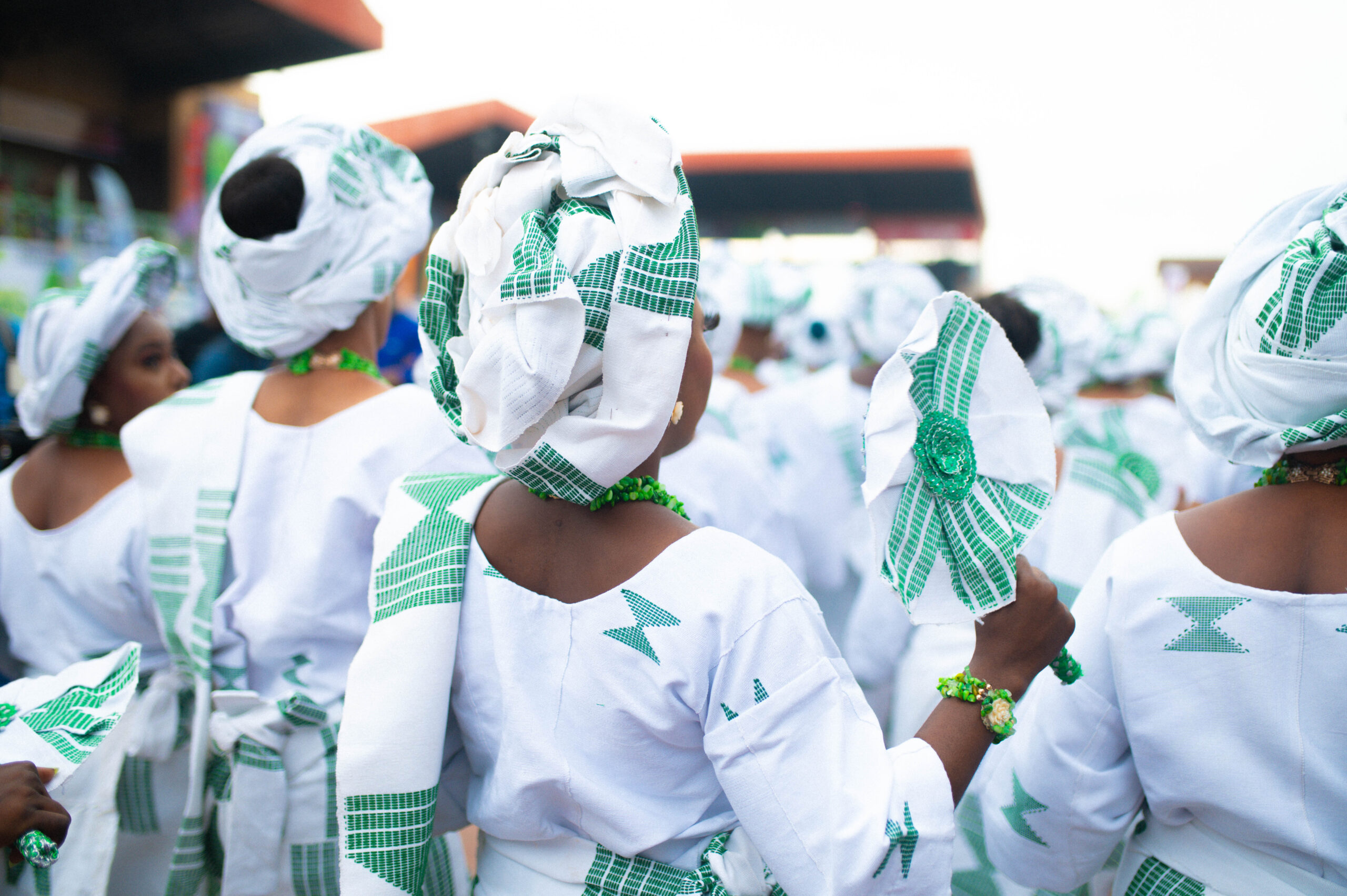
Two notable families, the Balogun and the Eleshin, are direct participants in the festival, making grand appearances on horseback, to the delight of spectators. The Balogun are descendants of present and past Baloguns (traditional war generals) of Ijebuland. The Eleshin, also of nobility, boast a strong horse-riding pedigree.
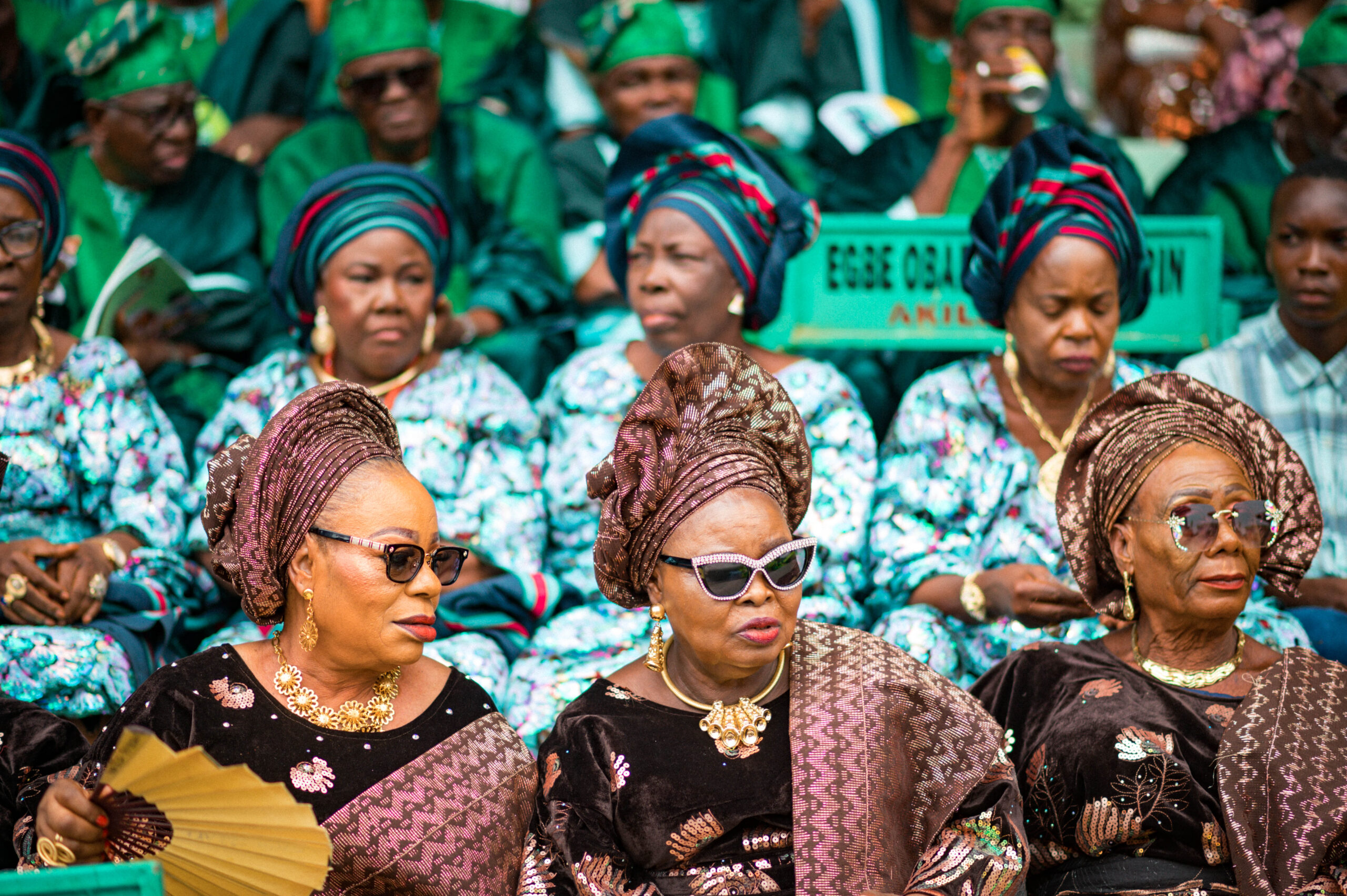
More than a century ago, Ojude Oba started when the earliest Muslim converts in Ijebu-Ode paid homage to the Awujale of Ijebuland, showering gratitude and gifts on him for the license to practise their religious faith in the community. Today, the festival has snowballed into a veritable gathering of indigenous Islamic practitioners and non-natives.
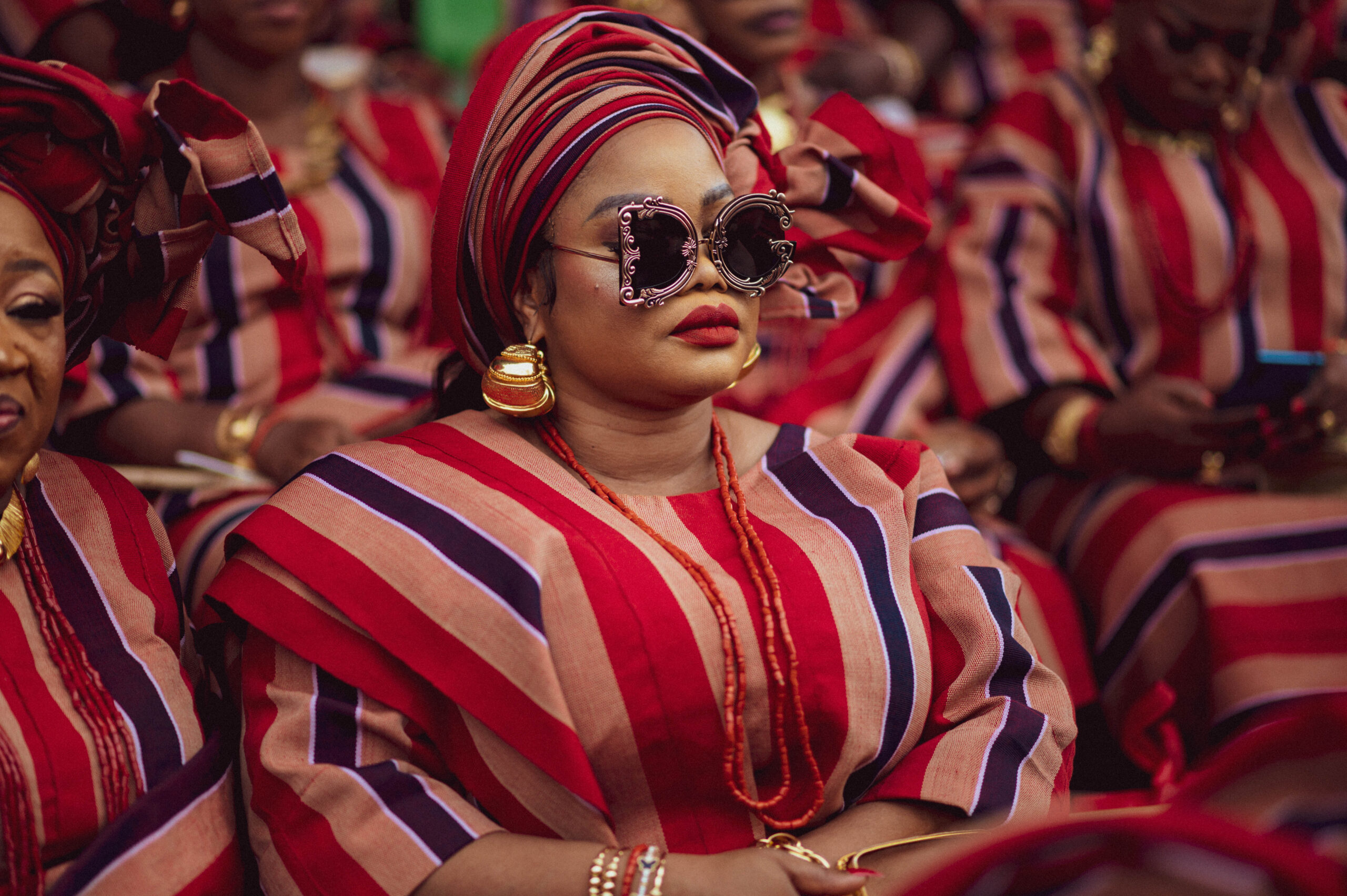
Not only is the festival an epitome of the Yoruba cultural heritage but it is also a toast to the unity in Nigeria’s heterogenous populace, satiating the interest of festivalgoers across the country and summoning the aesthetic passion of all and sundry.
